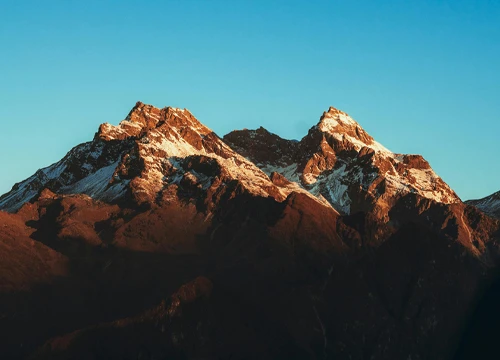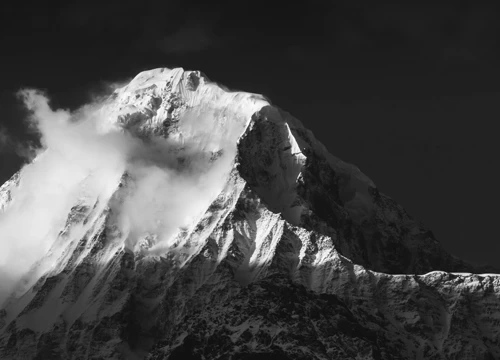Trekking in Nepal, especially to Everest Base Camp, is a thrilling adventure, but food poisoning can quickly turn an exciting journey into a miserable experience. Understanding how food poisoning occurs, how to prevent it, and what to eat during the trek can help ensure a safe and enjoyable trip
Avoiding Food Poisoning During Trekking in Nepal: A Guide for Everest Base Camp Trekkers
Table of Contents
What is Food Poisoning?
Food poisoning is an illness caused by consuming contaminated food or water. It occurs when harmful bacteria, viruses, or parasites enter the digestive system, leading to symptoms such as nausea, vomiting, diarrhea, stomach cramps, and fever.
How common is food poisoning in Nepal to foreigners?
Food poisoning is common among foreigners visiting Nepal, particularly those unfamiliar with local food hygiene practices. Studies suggest that gastrointestinal infections account for nearly 60% of health issues faced by travelers in Nepal. The risk is higher for those consuming street food, raw vegetables, or untreated water.
However, food poisoning is not inevitable—many trekkers and tourists avoid it by following precautions such as eating freshly cooked meals, drinking purified water, and maintaining good hygiene.
How Does Someone Get Food Poisoning?
Food poisoning can result from:
- Eating food that has been improperly stored or cooked.
- Drinking untreated or contaminated water.
- Consuming raw or undercooked meat, dairy, or vegetables.
- Poor hygiene, such as eating with unwashed hands or using dirty utensils.
What is the Cure for Food Poisoning?
If you experience food poisoning while trekking, follow these steps:
- Hydration: Drink plenty of purified water or oral rehydration solutions to prevent dehydration.
- Rest: Allow your body to recover by taking it easy for a day or two.
- Medication: Over-the-counter medicines like loperamide (for diarrhea) or anti-nausea drugs can help manage symptoms.
- Diet: Stick to bland foods like rice, boiled potatoes, and toast until symptoms subside.
If symptoms persist for more than 48 hours or worsen, seek medical attention.
How Long Does Food Poisoning Last?
Food poisoning typically lasts between 24 to 72 hours, depending on the severity and the cause. Mild cases resolve quickly, while more severe infections may require medical intervention.
How Common is Food Poisoning on Everest?
Food poisoning is not uncommon on the Everest Base Camp trek due to the remote nature of the region and limited food storage options. Many trekkers experience mild stomach issues due to unfamiliar food, altitude changes, and hygiene concerns.
How to Avoid Food Poisoning During the Everest Base Camp Trek
To minimize the risk of food poisoning:
- Drink only purified or boiled water. Avoid tap water and ice cubes.
- Eat freshly cooked meals. Avoid raw vegetables and salads.
- Stick to local dishes like dal bhat. These are cooked at high temperatures, killing bacteria.
- Avoid meat at higher altitudes. Meat is often transported unrefrigerated, increasing contamination risks.
- Wash hands frequently. Use hand sanitizer before meals.
- Choose busy teahouses. High turnover means fresher food.
What to Eat and What Not to Eat During the Everest Base Camp Trek
Safe Foods:
- Dal Bhat (rice and lentil soup)
- Tibetan bread with honey or jam
- Porridge and oats
- Boiled potatoes
- Vegetable soups
- Energy bars and dried fruits
Foods to Avoid:
- Raw vegetables and salads
- Unpasteurized dairy products
- Meat at high altitudes
- Street food or food from unhygienic stalls
- Ice cubes and untreated water
What is the Safest Food During the Everest Base Camp Trek?
The safest food options are dal bhat, porridge, boiled potatoes, and Tibetan bread. These meals are freshly prepared, cooked at high temperatures, and widely available in teahouses along the trekking route.
Final Thoughts
Food poisoning can be a major setback during trekking, but with proper precautions, you can minimize the risk and enjoy your Everest Base Camp adventure. Stick to safe food choices, maintain hygiene, and stay hydrated to ensure a smooth and memorable trek.







